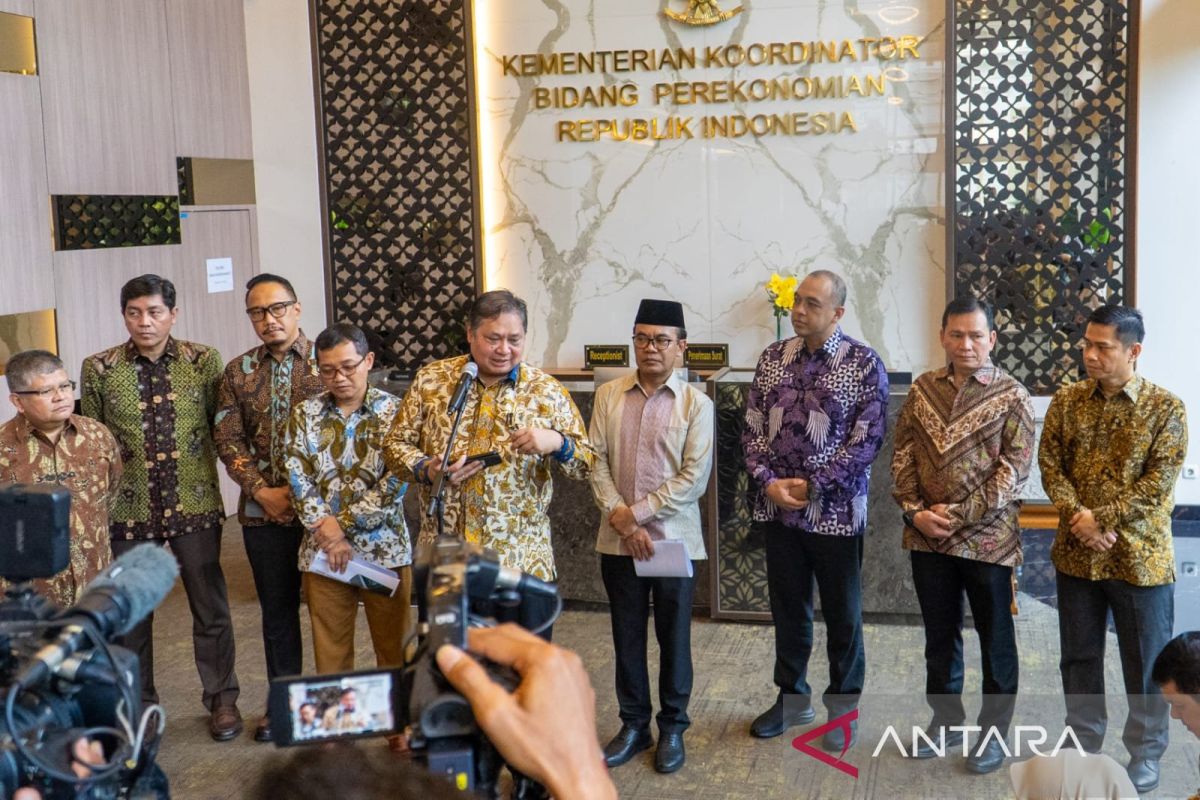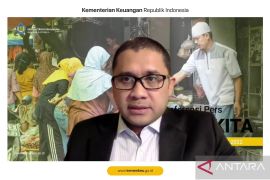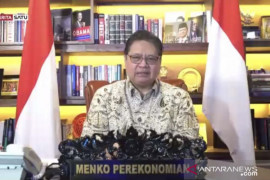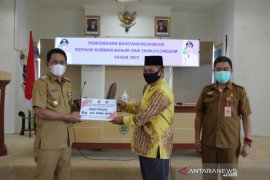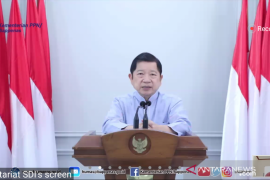Jakarta (ANTARA) - Indonesia is striving to continue economic restructuring to protect the investment climate from impacts of the boiling geopolitical tensions caused by the Iran-Israel conflict, Coordinating Minister for Economic Affairs Airlangga Hartarto stated.
"Of course, we need to ensure that the inflow of investment is uninterrupted. To that end, we must genuinely continue economic restructuring," he remarked in Jakarta on Tuesday (April 16).
Hartarto explained that restructuring can be conducted by implementing the Job Creation Law, promoting the development of special economic zones, completing national strategic projects, and simplifying investment permits.
The minister then cited gold and nickel as commodities potentially being targeted by investors in the midst of the souring relations between Iran and Israel.
The minister considers gold to be a safe haven of investment, as its prices have been stable amid increasingly uncertain global conditions. Meanwhile, the price of nickel has increased to US$18 thousand per ton.
Hartarto further remarked that an unscathed investment climate and well-running economic restructuring are expected to help the country survive global and domestic economic challenges while maintaining national economic growth and completing the development of national strategic projects this year.
Related news: Govt prepares policies to anticipate Iran-Israel conflict impact
"To that end, we need to invest even greater efforts since the world is not in a good state," he affirmed.
Earlier, on Monday (April 15), Hartarto ensured that the government had prepared several strategic policies to protect Indonesia's economy from the Iran-Israel conflict.
"We must maintain the level of market confidence in the ability of the national economy to respond to conflict escalation impacts," he stated in Jakarta.
He also held a meeting with the ambassadors of several friendly countries on the same day to formulate anticipatory measures and plans for coordinating the fiscal and monetary policy mix with relevant authorities for exchange rate control strategies and budget deficit management.
Israel's attack on the Consulate of Iran in Damascus, Syria, on April 1, has led to rising tensions between the two countries.
In response, Iran retaliated by launching hundreds of ballistic missiles and drones towards Israel on Saturday (April 13).
Related news: Maintain market stability to ease Iran-Israel conflict impact: Govt
Translator: Uyu S, Tegar Nurfitra
Editor: Rahmad Nasution


